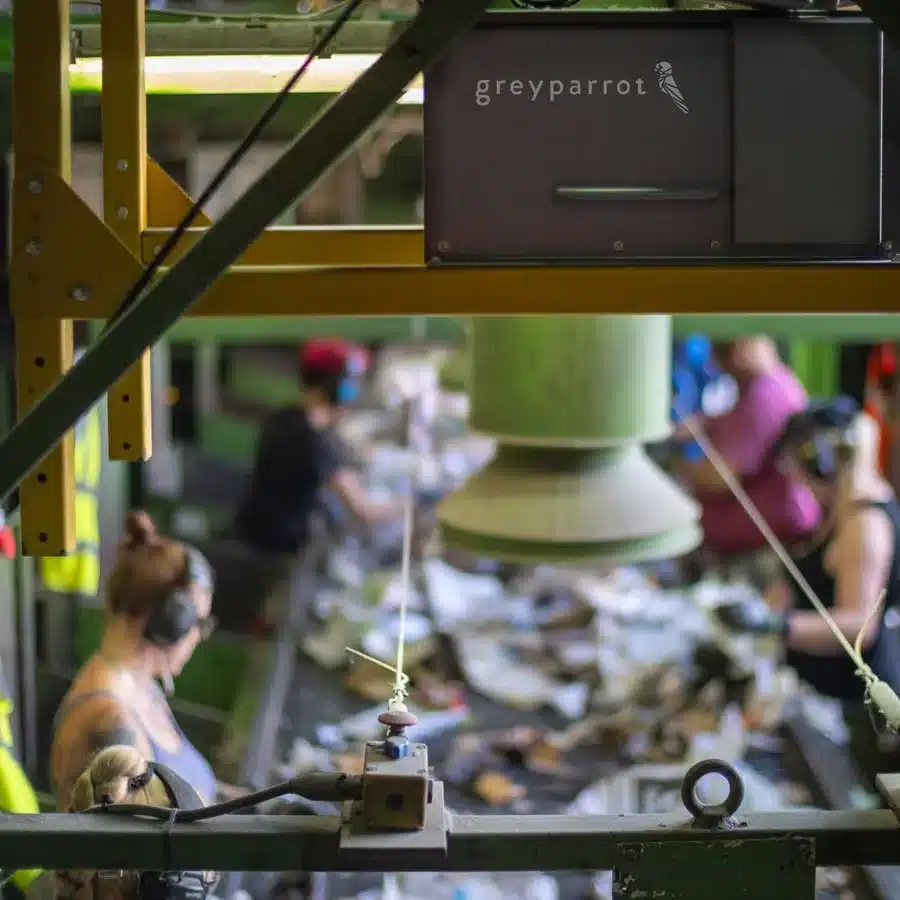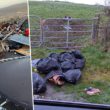
The UK is facing a raft of legislative change that over the next five years, will see significant changes to the requirements for household waste recycling.
As well as target increases for packaging waste, the addition of plastic film and flexible plastics from 2027 will see a need to be able to manage these materials, a major challenge for many operators where the equipment is not designed for lightweight flexible materials.
Should the proposed Deposit Return Scheme (DRS) ever be implemented, it will require the identification of labels for relevant materials left in the mixed recyclables. And on top of this, the ever-increasing rate of landfill tax will continue to add pressure on local authorities to maximise recycling levels.
Comingled collection of household recyclable waste has long been recognised as the optimum way of achieving high public participation rates.
Many Materials Recycling Facilities (MRFs) operating today are using equipment that can be two decades old or more, but the last five years have seen advances in technology that can now offer huge improvements to the quality and yield from mixed household recyclables.
This will require additional focus from October 1 this year when The Environmental Permitting (England and Wales) (Amendment) Regulations 2023 come into force that will substantially increase the reporting and quality control requirements for badly invested MRF’s.
Whilst these do not directly apply to Northern Ireland from October, Re-Gen receives much of its waste from councils in England and Wales and is prepared for this, operating one of the most advanced waste sorting processing facilities in the UK.
This has been designed in-house with the flexibility that has enabled Re-Gen to incorporate the latest innovation to maximise recyclable output. Much of this innovation is designed to better analyse and understand the nature of the waste being sorted to enable flows and processes to be optimised, as well as to feed back to client authorities on the quality and composition of their waste. This helps councils to identify issues and consider potential solutions, such as targeted public communication.
AI has become a topic of widescale debate, especially with concerns over its potential misuse. But it is now making inroads into the waste industry, and Re-Gen has implemented the Greyparrot system in a section of our MRF for a trial run.
This system utilises cameras that continuously monitor waste throughout the sorting process, enabling continuous quality assessment and control. Linked to automated sorting technology, this constantly refines the level of separation and quality output.
The sorting technology Re-Gen will soon trial incorporates robotic arms as part of its continuous analysis process. We believe AI and Robotic Arms could reduce dependency on manual sampling, a requirement that will become much more onerous under the EPR amendment from October 1.
Linking all of this together through SCADA (Supervisory Control and Data Acquisition) and PLC’s (Programmable Logic Controller) provides a level of continuous monitoring and feedback that is constantly analysing operational efficiency and comparing input to output to maximise yield and quality.
Re-Gen’s vision is of continual improvement in recycling across the UK and Ireland. With our current success in achieving zero landfill through our MDR, we want to continuously collaborate with customers to sustain this achievement in domestic mixed dry recycling.
We do this through a programme of constant investment in technology in our state-of-the-art recycling plant in Newry, Northern Ireland, that not only meets today’s expectations but will be well placed to meet the challenges that these aspirations, along with new legislation and environmental pressures, will bring.



